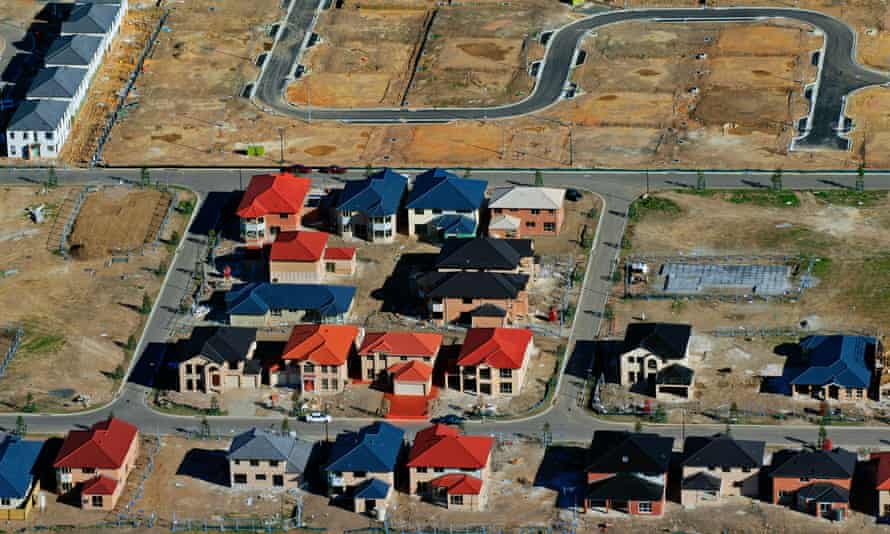Extract from The Guardian
UNSW finds vast majority of experts believe status quo policies have exacerbated inequality and hurt economy.

Last modified on Mon 15 Feb 2021 03.32 AEDT
Australia’s leading economists agree – governments don’t spend enough time on housing policy in Australia and it is costing us money as well as widening the inequality gap.
UNSW’s City Futures Research Centre surveyed 47 top economists (mostly professors) and 40 senior experts (chief executives and partners) from across government, industry and academia and found 84% agreed “Australian governments have paid too little attention to how housing outcomes also affect productivity and growth”.
The subsequent report, “Australian experts’ views in the economy: abstract dreamings or real directions”, found, overwhelmingly, economists and policy experts in the field believed status quo economic policies had “exacerbated income and wealth inequality”.
At the same time, most of the experts, by a margin of two to one, believed governments were serious about countering inequality.
The respondents also agreed that rising mortgage debt posed an economic stability risk to Australia, with the research team, led by Prof Bill Randolph, finding widespread concern with “over-reliance” on historically low interest rates for housing, employment and productivity.
“The vast bulk of housing experts and economists surveyed are concerned that ongoing Treasury dependence on ‘cheap money’ policy will further ratchet up house prices and widen the gap between rich and poor,” Randolph said.
“From a purely economic perspective, the informed expert view is this will undermine productivity and economic growth.”
Randolph said one of the best ways to combat the issue would be for governments to embark on a nationwide social housing building program. That’s a solution that has been floated by state governments – including Victoria, which committed $5.4bn to social housing in its last budget – Labor and the Greens, but so far has been resisted by the federal Coalition government which has focused attention on private home builders and buyers.
Almost 70% of respondents to Randolph’s study agreed “stimulating housing was best achieved through social and affordable housing rather than the private market”. Successive policy failures in that area have seen the national social housing supply halve in the past three decades.
Some 35 of the 40 economists thought fiscal policy measures over and above those contained in the October budget were needed to counter the deficit, while an overwhelming number of respondents thought the Morrison government had erred in excluding social housing from its post-pandemic budget response.
Meanwhile, the survey found most experts and economists agreed inequality would only get worse within Australia.
“By a margin of almost five to one, it was agreed that reliance on monetary policy tools, such as low interest rates and quantitative easing, has widened the gap between rich and poor,” the report found.
“Moreover, 88% believed that the existing inequality will be compounded by the economic downturn triggered by Covid-19.”
A recent report from the same university, working with the Australian Council of Social Service, argued rough sleepers who had been given shelter during the pandemic as part of the health response were, once again, mostly homeless.
Kate Colvin, a spokesperson for Everybody’s Home, a national campaign aimed at ending homelessness in Australia, said governments could create a social and economic boost, by instigating a national social housing program.
“A $7bn investment in social and
affordable housing would unlock more than $18bn in economic expansion,
creating more than 18,000 jobs a year over four years, and making a
serious dent in homelessness,” she said.
“Longer term this would
also boost productivity, by allowing people better access to jobs.
Social housing can lift people out of poverty and put them on a path to
prosperity. A better-balanced housing system is the right thing to do.
It also happens to be the smart thing to do.”
No comments:
Post a Comment